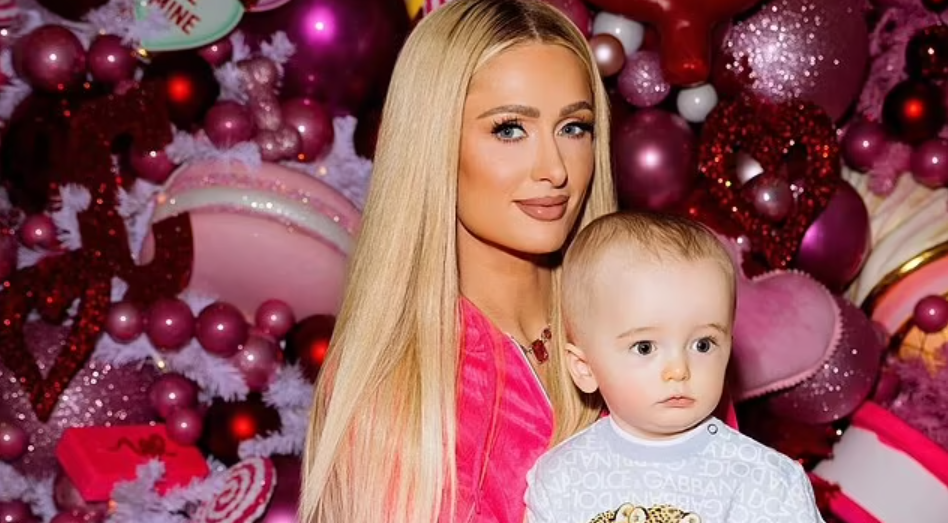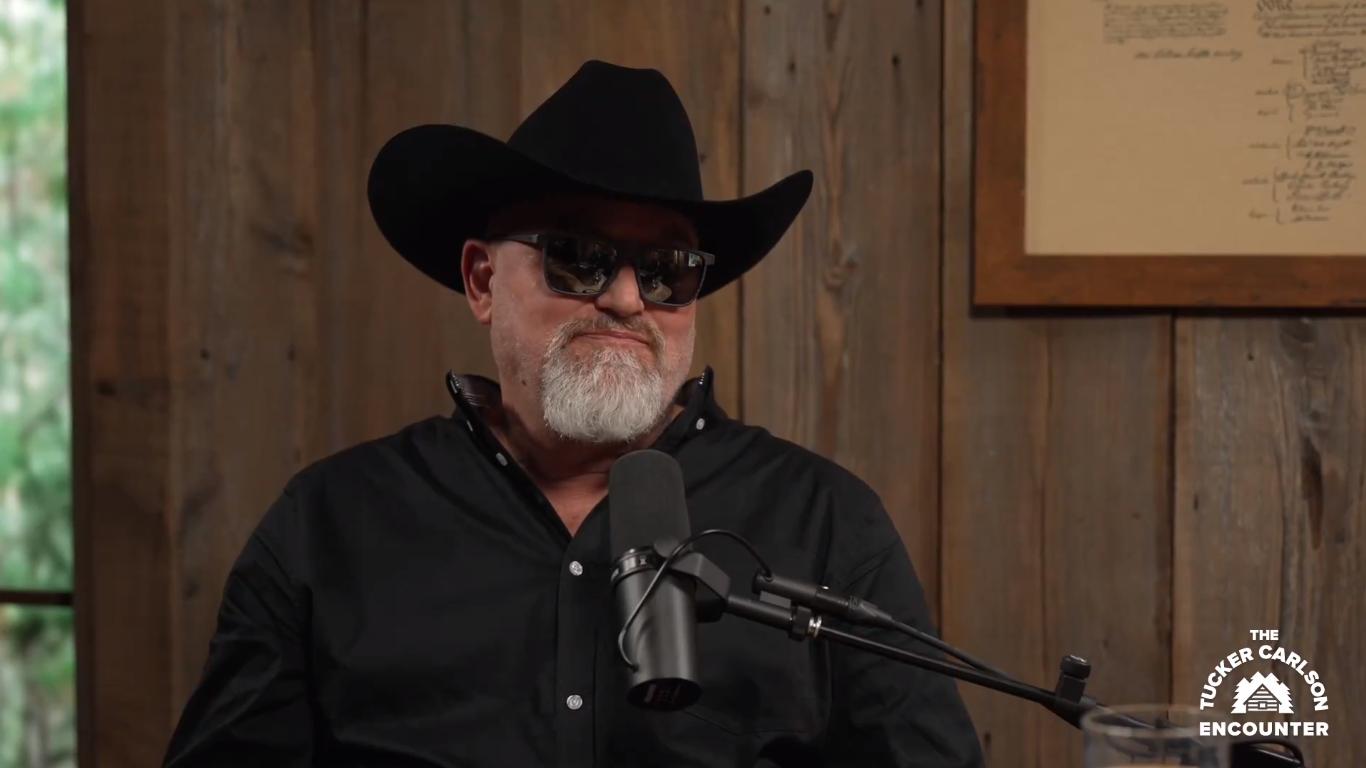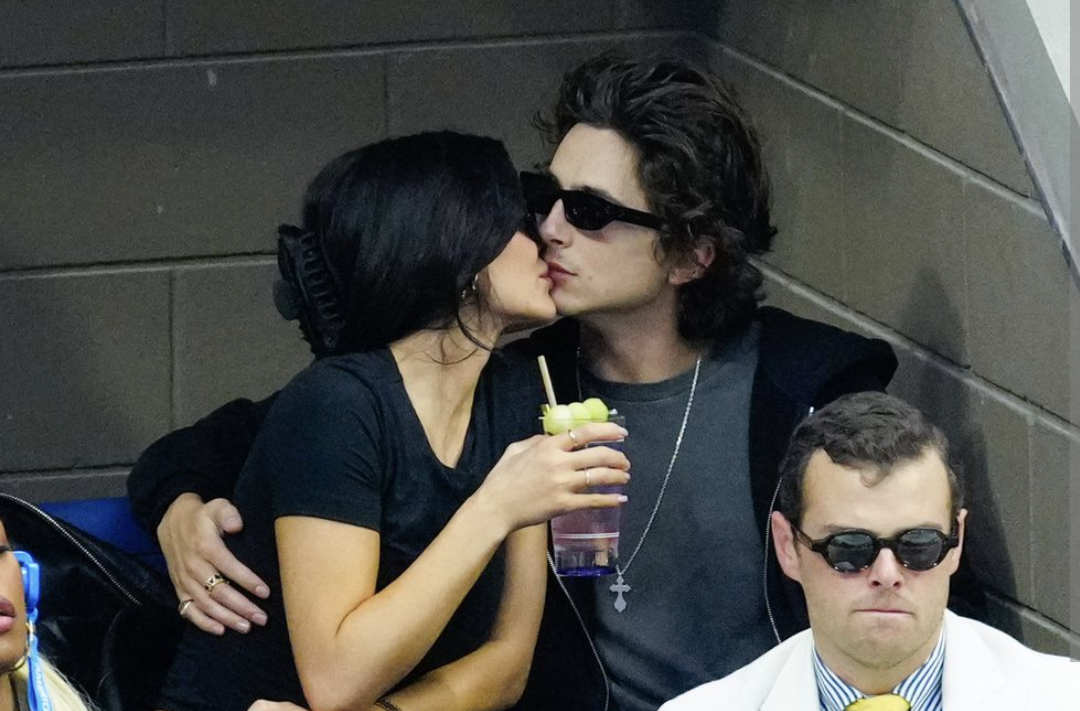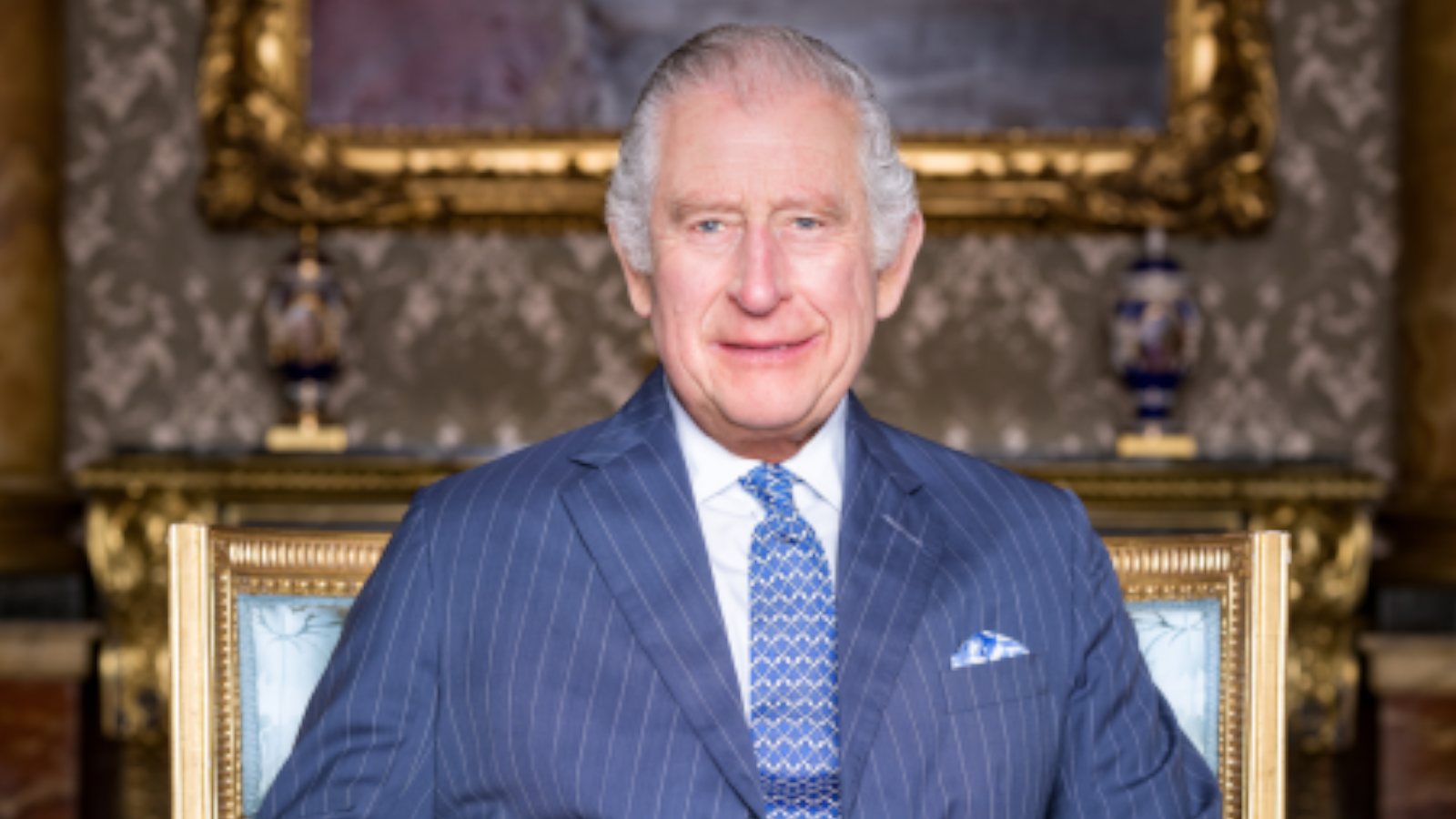In a revealing moment of candid introspection, Paris Hilton, the dazzling yet ever-grounded socialite and entrepreneur, steps into the spotlight not for her latest venture or fashion statement but for a cause that hits close to home—her family and, more broadly, the future of our children in an increasingly digital world.
At the fourth annual A Day of Unreasonable Conversation held in Los Angeles, Hilton, alongside U.S. Surgeon General Dr. Vivek Murthy, led a panel discussion aptly titled “To Suffer Alone,” shedding light on the profound impact social media has on our youth and society.
Hilton, at 43, is no stranger to the limelight, having been one of the early adopters of social media and using it to bolster her image and businesses.
However, as a mother to Phoenix, aged one, and London, four months old, her perspective has shifted.
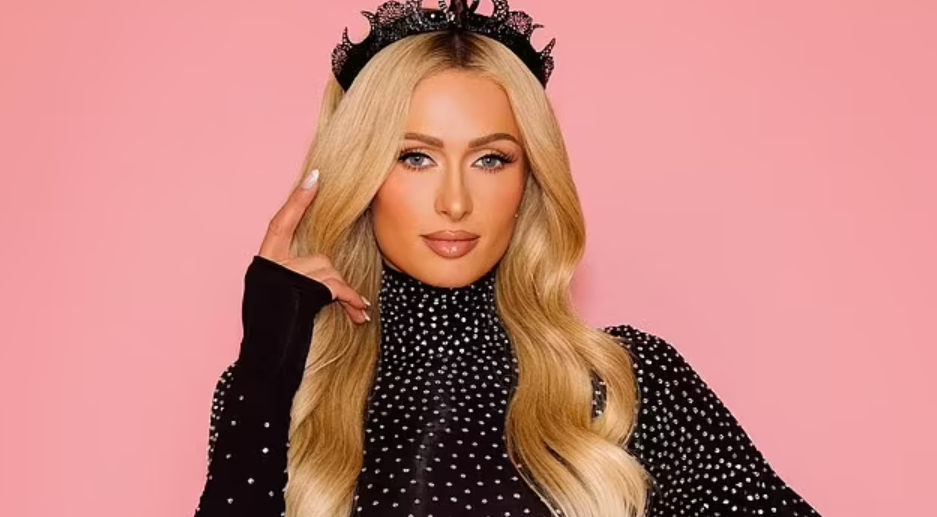
She expresses a deep-seated desire for her children to inherit a world where kindness prevails and the chains of social media addiction are broken.
Hilton’s concern is not unfounded; her fears echo a growing apprehension among parents, educators, and mental health professionals about the pervasive nature of digital platforms and their potential to overshadow the simple joys of childhood, such as playing outdoors and engaging in face-to-face social interactions.
Hilton’s stance on social media and its impact offers a refreshing departure from the norm, particularly in an era where digital dependency is often glossed over in favor of showcasing a life of perpetual glamour and achievement.
It’s a courageous move that highlights the necessity of fostering genuine connections and instilling values of empathy and kindness in the next generation, away from the glare of constant online scrutiny.
Looking forward, the implications of Hilton’s advocacy are far-reaching.
Donate To IV Times Today!
It signals a potential shift in how we perceive and engage with social media, especially in relation to our children’s development and well-being.
This discussion could pave the way for increased dialogue on creating healthier digital environments, promoting digital literacy, and encouraging more balanced lifestyles that prioritize real-world interactions and experiences over virtual ones.
Moreover, Hilton’s public platform and influence could inspire other celebrities and influencers to speak out, leading to a collective movement that champions the mental health and well-being of our youth.
Such a shift could have significant societal impacts, from reducing instances of cyberbullying and social isolation to fostering a more empathetic, connected, and kind-hearted generation.
In essence, Paris Hilton’s recent reflections and actions serve as a catalyst for change, urging us to reconsider our digital habits and their impact on the youngest members of our society.
As we move forward, it’s crucial that these conversations continue, with the aim of shaping a future where technology serves to enhance rather than detract from our human experience, ensuring that our children can grow up in a world that values kindness, connection, and well-being above all.
